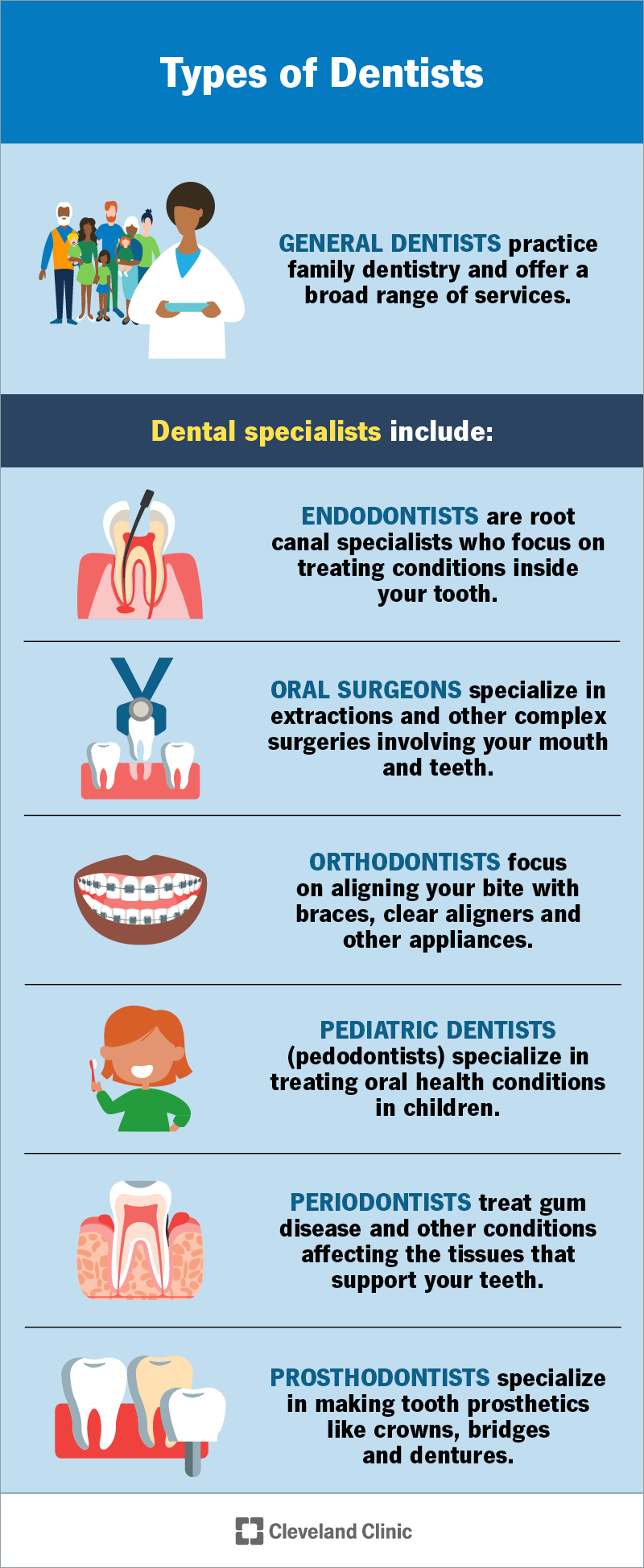Common Questions Concerning Oral Veneers Addressed
Dental veneers have actually ended up being a progressively sought-after option for those looking to boost their smiles, yet numerous people stay unpredictable about different facets of their use. As we discover these typical questions, it becomes crucial to take into consideration not only the advantages yet additionally the implications of choosing for oral veneers in search of a more confident appearance.
What Are Oral Veneers?
Oral veneers are thin, tailor-made coverings crafted from porcelain or composite resin that are developed to cover the front surface area of teeth. These oral prosthetics offer both useful and aesthetic functions, giving a solution for various dental flaws, consisting of staining, chips, voids, and misalignment. By adhering to the teeth, veneers can dramatically enhance the overall appearance of a smile, creating a more consistent and attractive look.
Porcelain veneers are specifically favored for their all-natural clarity and tarnish resistance, making them a suitable selection for people looking for long-lasting outcomes. In contrast, composite material veneers are usually less expensive and can be applied in a single go to, but they may not provide the same resilience as porcelain choices.
The choice to go with dental veneers typically originates from a need for visual renovation, yet people should also consider factors such as the longevity of the material, maintenance requirements, and the potential demand for tooth decrease (Low Cost Veneers). Inevitably, oral veneers stand for a flexible and efficient remedy for attaining a radiant smile, accommodating individual cosmetic needs while promoting confidence and self-confidence
Exactly How Are Veneers Applied?
The application process for veneers requires mindful planning and precision to make certain optimum outcomes. The procedure commonly starts with a detailed assessment, where the dental expert examines the client's dental wellness, discusses wanted results, and identifies the appropriate kind of veneers, whether porcelain or composite material.
As soon as the treatment strategy is developed, the dentist prepares the teeth by removing a slim layer of enamel, generally regarding 0.5 mm to 1 mm, to accommodate the veneer. This action is critical as it makes sure a proper fit and stops the veneers from appearing cumbersome - Low Cost Veneers. After prep work, perceptions of the teeth are required to produce customized veneers that match the patient's special dental framework and visual preferences
While the irreversible veneers are being fabricated in an oral research laboratory, short-term veneers may be put to safeguard the prepared teeth. When the irreversible veneers are ready, the dental expert will meticulously bond them to the teeth using a strong oral adhesive.
What Are the Conveniences?

Additionally, veneers are understood for their sturdiness and resistance to tarnishing compared to natural teeth. Made from premium materials such as porcelain or composite resin, they can keep their appearance for several years with proper treatment. This longevity makes them a sensible investment in one's dental appearance.
Along with visual renovations, veneers can also contribute to enhanced oral health and wellness. By covering harmed or damaged teeth, they can offer added support and security, assisting to avoid additional decay or degeneration. This safety element can lower the need for a lot more substantial dental treatments in the future.

The Length Of Time Do They Last?
With proper care and upkeep, dental veneers can last anywhere from 10 to 15 years, making them a resilient option for improving one's smile. The long life of veneers largely depends on the product used, the quality of the preliminary positioning, websites and the content person's adherence to oral hygiene methods.
Porcelain veneers are recognized for their toughness and resistance to discoloration, generally lasting closer to the 15-year mark when taken care of properly. Compound veneers, while extra economical, might need substitute quicker, usually within 5 to ten years due to their sensitivity to put on and staining.

Furthermore, putting on a mouthguard during sports or nighttime can supply added protection. Eventually, while veneers supply a significant aesthetic improvement, their long life is dramatically influenced by the commitment to appropriate dental care and routine examinations with an oral professional.
Are There Any Threats?
Considering the transformative effects of dental veneers, it is very important to acknowledge the possible threats linked with their application. While veneers can improve the look of teeth, the treatment entails the elimination of a slim layer of enamel, which can raise tooth level of sensitivity and vulnerability to decay.
One significant risk is the possibility of improper positioning or suitable, causing pain, bite imbalance, and even damage to the underlying tooth structure. Additionally, if the veneers are not preserved properly, they can end up being stained or broken gradually, requiring replacement.
Clients might additionally experience sensitive reactions to the materials used in the veneers, specifically if they have level of sensitivities to particular oral compounds. While veneers are long lasting, they are not unbreakable; excessive pressure from grinding or squeezing can lead to fractures.
It is important for patients to consult with a qualified oral specialist to review their specific risks go to my site and to follow aftercare guidelines vigilantly. By understanding these dangers, clients can make enlightened decisions concerning their oral veneer treatment and make certain the durability and success of their improvements.
Final Thought
In summary, oral veneers stand for an important cosmetic remedy for enhancing smiles, with considerations concerning their application, advantages, longevity, and connected dangers. Inevitably, informed decision-making concerning dental veneers can lead to satisfactory visual outcomes and improved dental health and wellness.
Dental veneers are slim, tailor-made shells crafted from porcelain or composite material that are made to cover the front surface of teeth. After prep work, impressions of the teeth are taken to produce custom veneers that match the person's unique dental structure and visual preferences.
While the irreversible veneers are being made in a dental lab, temporary veneers may be put to secure the prepared teeth. Once the long-term veneers are all set, the dental practitioner will thoroughly bond them to the teeth making use of a solid dental adhesive. Ultimately, educated decision-making regarding dental veneers can lead to adequate visual end results and boosted oral health.